Hearing that you have elevated eye pressure can be alarming. Dr. Matzkin and Dr. Herron will always check your eye (or intraocular) pressure during a comprehensive eye exam.
High eye pressure, also known as ocular hypertension, can lead to nerve damage that could affect your sight. While high eye pressure is a different condition, it often turns into a serious eye disease called glaucoma. An estimated three million people in the United States had glaucoma in 2022, and at least 120,000 are legally blind because of it.
What is normal eye pressure?
Eyes are filled with a clear fluid called aqueous humor that keeps them inflated, much like the air inside a ball. Healthy eyes drain excess fluid to maintain steady pressure. This pressure is measured in millimeters of mercury (mmHg). A normal eye pressure range is between 10 and 21 mmHg. Ocular hypertension is having an eye pressure higher than 21.
Causes of High Eye Pressure
High eye pressure happens when the production and drainage of fluid inside the eye are imbalanced. Usually, the channels that drain fluid do not function correctly, so more fluid is being made than can drain out. The built-up fluid raises intraocular pressure. Over time, too much pressure will damage the optic nerve in the eye.
Certain medications, such as the steroids used to treat asthma, can raise eye pressure. Eye injury or trauma can also affect the balance of fluid. Sometimes this happens months or even years after the injury, so be sure to mention to the doctor if you’ve had any eye injuries.
High Eye Pressure Signs and Symptoms
Our Allied Eye doctors will be able to detect the signs of high eye pressure. Still, most people with the condition experience no symptoms. That’s one reason regular eye exams are so important. You could be experiencing high intraocular pressure and never realize that eye damage is happening.
The signs of high eye pressure evident during an exam are:
- Intraocular pressure greater than 21 mmHg in one or both eyes at two or more exams.
- An optic nerve that appears normal.
- No signs of glaucoma on peripheral vision tests.
- No signs of any eye disease.
Are some people more likely to experience high eye pressure?
Between 3 and 6 million people in the U.S. have eye pressure greater than 21 mmHg. Around 4 to 10 percent of people over the age of 40 have intraocular hypertension. Women past menopause, people of African or Hispanic descent, and anyone with a family history of ocular hypertension or glaucoma are at greater risk of experiencing high eye pressure.
Additionally, people with thin corneas (the transparent layer at the front of the eye) are more likely to develop glaucoma after being diagnosed with ocular hypertension.
Risks of Having Elevated Eye Pressure
The main risk of elevated eye pressure is developing glaucoma. People with untreated high eye pressure have an average estimated risk of 10 percent of progressing to glaucoma within five years. Glaucoma is a common but potentially serious eye disease that causes gradual vision loss.
The level of eye pressure also influences the chance of developing glaucoma. The incidence of people with ocular hypertension experiencing glaucomatous damage is around 2.6-3% for intraocular pressures of 21-25 mmHg, 12-26% for intraocular pressures of 26-30 mmHg, and approximately 42% for those with readings over 30 mmHg.
Around 3 percent of people with high eye pressure will experience a retinal vein occlusion, a type of vein blockage that can lead to vision loss.
Treatment for High Eye Pressure
Fortunately, ocular hypertension usually responds well to treatment. Each treatment plan is individualized, and sometimes treatment is only initiated if there are signs of optic nerve damage.
The first line of treatment is medicine, usually delivered via eye drops. The most frequently used medications are prostaglandin analogs, which relieve high eye pressure by increasing fluid drainage. The second most common medications are beta blockers. These drugs work by reducing the production of aqueous humor.
You will have frequent follow-up visits to see if the medication is working. If medicine fails to lower eye pressure adequately, laser surgery may be an option. Overall, the prognosis is good for people with ocular hypertension who comply with medical treatment.
If you have a family history of glaucoma or are over the age of 40, it’s vital to have comprehensive eye exams on a regular basis. The best eye care team in Chattanooga is here to help—just call or text us at (423) 855-8522 to make an appointment today.

